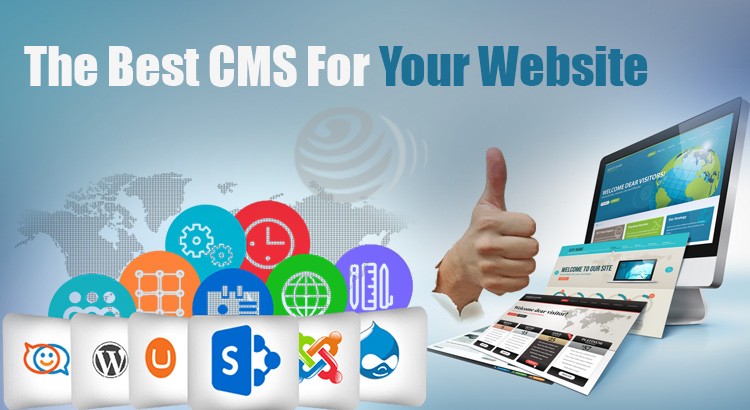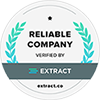Over the time CMS has become much more than a content management system. It is now widely considered a one-stop solution for building a website from scratch. The reason behind the popularity of CMS is that you don’t need to be a website development expert to create a fully functional and attractive website.
WordPress.org, Joomla, and Drupal are three widely popular CMS. When we talk about these CMSs, it is hard to single out anyone as a winner. First, let’s look at some of the similarities among them.
1. Free and Open Source: They are open-source and available for free to download. You can access the source code and customize. Themes and plugins can be created and uploaded to personalize the website.
2. Community of developers: All three platforms have a good backing of developers. This ensures future improvements in platforms in terms of features.
3. Plugins and Themes: WordPress, Joomla and Drupal have many free and premium plugins and themes. These extend powerful features to the CMS-based websites.
4. Ease-of-use: I won’t say that Joomla and Drupal are as easy to use as WordPress but CMS’s don’t demand a strong grasp on web programming languages. Building a basic website from scratch is a cakewalk.
WordPress
It has a letter “W” in it and still it usually is the first to be mentioned whenever anyone talk about CMS. More than 50% of the websites using CMS are powered by WordPress.org, the self-hosting version of WordPress which has its origin as a blogging platform.
5-6 years back it was not considered an optimum solution for a serious website, and today the platform is powering the likes of TechCrunch, PlayStation, and Walt Disney. WordPress has hundreds of free themes and plugins available.
Despite some powerful plugins, WordPress is best suited for simple websites or blogs. You can customize the code; however, it is a complex task and editing the code will also abstain you from getting new WordPress updates and thus create a security loophole in the future.
Drupal
Drupal is the most complex one among the three, but the complexity comes with flexibility as well. Drupal asks for a bit of technical knowledge; however, like all CMS’s out there, installation and creating a simple website is fairly easy. Well, if you want to build a vanilla-plain website, why would you Drupal in the first place?
There are approximately 6000 add-ons available for the platform, so a number of features can be added to the website without any coding. However, the number of free and commercial themes are limited and not comparable to those available for Joomla and WordPress.
This CMS is used by many high-profile companies such as Sony Music, Fast Company, and MIT.
Joomla
Joomla in terms of complexity, flexibility, and technicalities lies somewhere between WordPress and Drupal. While WordPress is as easy as set-up and go, Joomla requires a decent technical knowledge if you want to build a sophisticated website using the platform. There are many extensions and add-ons available for this CMS but when compared to WordPress, the lack of themes can be a deal-breaker for those who are looking to build a highly-customizable website using a pre-built template.
WordPress stands out in terms of the number of plugins and themes available. There is really no match to this CMS when it comes to the ease with which you can build an effective and personalized website for your company or a personal blog. On the other hand, Joomla and Drupal are best suited in terms of flexibility they offer provided you know how to work with them.
All three CMSs are popular, and you can take the call according to your priorities.
















